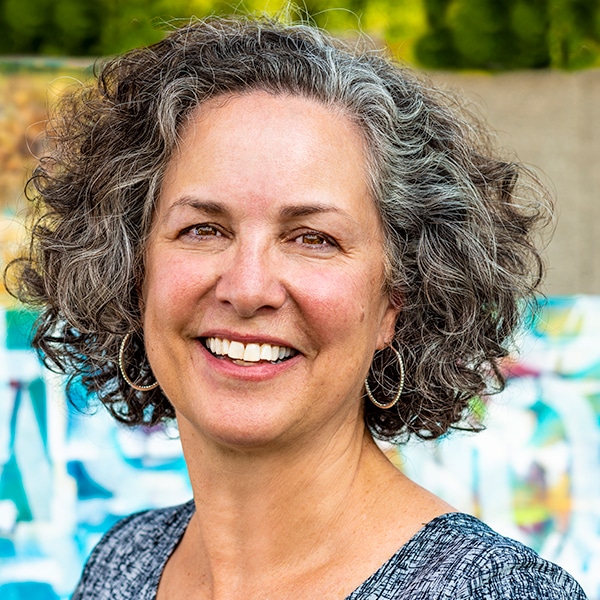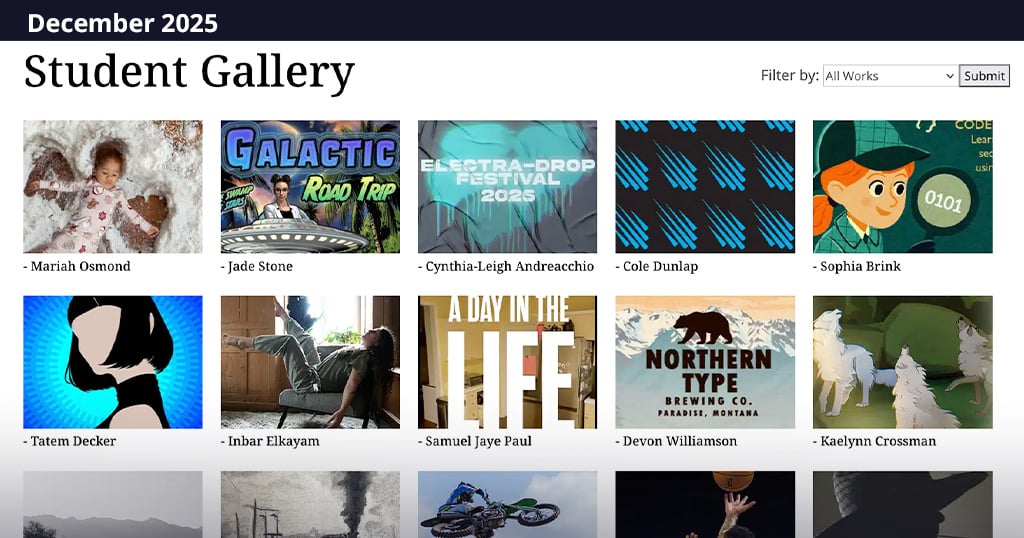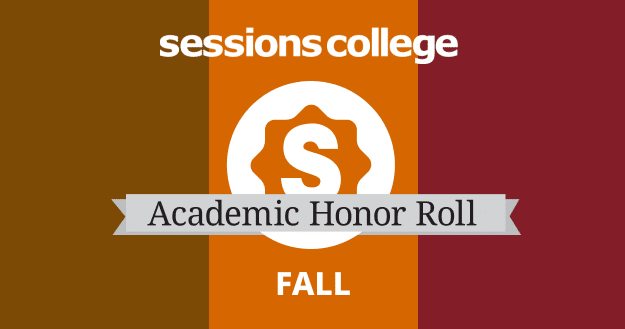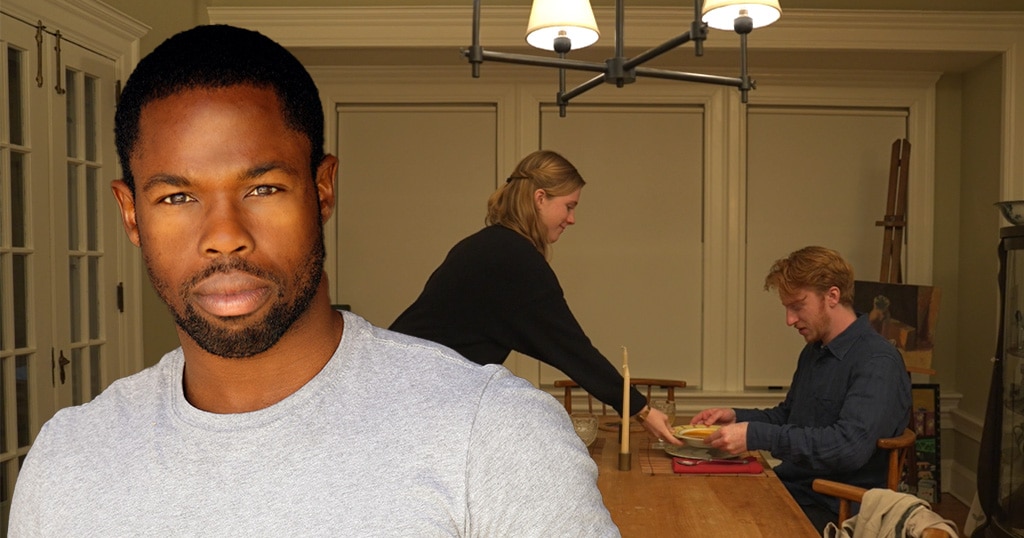Advisory Sessions: Designing for Real-World Applications

Q: What type(s) of companies are hiring individuals in your industry?
There is some regional variance in the design industry hiring right now. There may be a boom in some urban markets. Where I am in the Midwest, it mostly looks like in-house is hiring but small firms are struggling. Economic fears of a recession are causing companies to panic and have begun shrinking departments. Marketing, which generally includes creatives, may get the cut first. Most positions are looking for 3 years of experience.
Q: What advice do you have for an applicant regarding the job search and interview process?
When the market is tough, my advice is: Intern. Intern. Intern. Job posting for entry-level creatives are become scarcer. Everyone wants 3 years of experience. For a student looking to enter the design industry, you can start by getting an internship (or multiple) while in college. Get those connections and real-work experience before graduation.
In the Midwest, companies are moving back from remote work to in-person. If you want to get hired, this might be a deciding factor, being able to work in-person. Show up and do what you say you will. Putting in the work and the effort will make the difference. Don’t act as if you need hand-outs.
Q: What skills should a job applicant be fluent in for your industry?
Employers are looking for experience in the Adobe suite. The ability to use Figma and Sketch is becoming more important than coding skills such as HTML. Foundational skills like the ability to design a simple hierarchy and information design are HUGE. Digital design continues to grow. Being able to know the strategy behind digital platforms and guide best practices for these applications will continue to be in high demand in the coming years.
A graduate can benefit greatly from simply being humble and willing to learn. The ability to make the connection between what someone asks vs. what they need can often be key. This speaks to the need for creative problem solving and design thinking skills.
Q: In your industry, does a graduate need to present a portfolio to be considered for a position?
I haven’t seen many in-person printed portfolios, unless it’s an old-school hiring manager. Be ready to have that in your back pocket. But most clients and employers are looking at online first. You don’t need to have a full custom website, but a simple professional one. Behance or SquareSpace are great low cost options to invest in. Also make sure your social pages, such as LinkedIn and Facebook, are ready for professional inspection.
In judging a portfolio, I like see a range of work. Instead of multiple types of the same projects I’d rather see a wide breath of work. The projects should be realistic, not dream projects. They should show an understanding of hierarchy, color theory, typography, and grid-systems.
My main criteria is: “Does this resemble something I’d see in the real world?”
Above all, don’t use a pre-built template from Google Docs if you’re apply for a design job; the design was done by Google, not you. This is the first place I will look to see how you understand design.
Q: Are professionals in your industry using AI tools?
I have begun to see them used as a tool but not a replacement for people. They are a place to start and prototype rapidly but we still need to have the human touch for authenticity.
There are concerns around how AI images will affect copyright. It already is a difficult thing to police and will become more complicated with AI. A company does not want to use an image that was AI-generated and later find out it has legal use restrictions.
At the same time, design grads should invest time in keeping up with AI developments. If you can bring a new level of understanding of how AI can be a tool, and help educate those who don’t know much, I can see this being huge in leading a company into the next decade.
To learn more about the industry pros that make up the Sessions College Advisory Board, visit the Advisory Board page.

Dr. Epstein is the Dean of Academic Affairs at Sessions College. A former Dean at the Art Institute of Phoenix, Meryl has extensive experience in design, education, and leading academic teams. Meryl has designed museums and was the recipient of the first Arizona AIGA fellow award. Read more articles by Meryl.
RECENTLY ON CAMPUS





